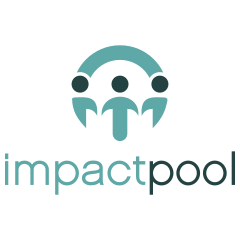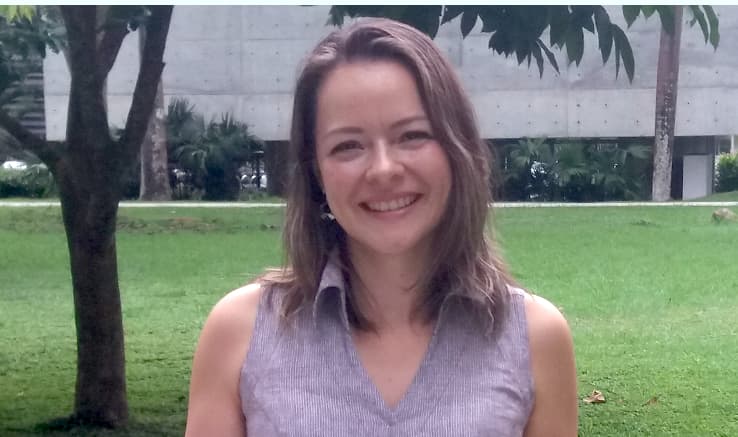GEF STAP Panel Member - Climate Change Adaptation
Home Based - May require travel
- Organization: UNOPS - United Nations Office for Project Services
- Location: Remote | Home Based - May require travel
- Grade: Mid level - IICA-3, International Individual Contractors Agreement
-
Occupational Groups:
- Environment
- Meteorology, Geology and Geography
- Climate Change
- Natural Resource Management
- Closing Date: 2023-12-10
Functional Responsibilities
Panel Members provide intellectual leadership, innovate and formulate advice at the highest-level that may challenge conventional thinking, and bring scientific rigor on strategic, thematic, and operational issues of the GEF. They undertake their individual activities and responsibilities proactively, and as part of a team, to advise the GEF about scientific and technical issues across its entire portfolio. They steer STAP advice towards analyses of contemporary environmental challenges and formulation of strategic options for consideration by the GEF Council. Panel Members are responsible for contributing to the development and implementation of STAP’s annual Work Plan, which is adjusted periodically to reflect changing priorities and new tasks. Below is a summary of Panel Members’ responsibilities:
1. Ensure STAP provides the best available relevant scientific and technical advice through demonstrated leadership and initiative.
2. Mobilize scientific and technical networks and partnerships.
3. Develop and implement STAP’s Work Plan, including drafting analytical papers and reports, making presentations, convening and participating in expert meetings.
4. Screen all full-sized projects (above $2 million) and program framework documents, for technical and scientific soundness, in biannual GEF and Least Developed Countries Fund (LDCF)/ Special Climate Change Fund (SCCF) work programs.
5. Actively participate in two STAP meetings per year and monthly STAP teleconferences.
6. Contribute to the Chair’s report and presentations to twice-yearly GEF Council meetings, and STAP’s quadrennial report to the GEF Assembly.
7. Contribute to the GEF’s corporate activities, including responding to ad hoc requests for advice and participating in workshops and meetings.
8. Prepare quarterly indicative work plans based on the annual STAP Work Plan and submit quarterly timesheets.
Education/Experience/Language requirements
Education/Experience/Language requirements
Specific qualifications and experience:
Professionalism
-
PhD in a relevant field, e.g., environmental science, environmental policy, systems analysis, environmental law, political science, institutional analysis, or sustainability studies is required.
-
A minimum of 12 years of experience in research in the field of climate change adaptation, along with field experience in developing countries is required.
-
Peer-reviewed publication record on issues of relevance to the GEF is required.
-
Demonstrated ability to work in an integrated, interdisciplinary manner across the GEF’s focal areas, with strong experience in systems thinking is required.
-
Capability of bridging scientific, technological, economic, social and policy issues in the public and private sectors is required.
-
Active engagement with scientific networks and partnerships on environmentally sustainable development in developed and developing countries is required.
-
Exceptional analytical, research, writing, and communication skills are required.
-
Experience working in developing countries, including applied research, design and implementation of programs involving MEAs, ideally in coordination with multilateral and bilateral agencies, is required.
-
Familiarity with, and understanding of, multilateral environmental agreements (MEAs) is desirable.
-
Demonstrated experience in facilitating learning and knowledge management is desirable.
Language
English and French are the working languages of the United Nations Secretariat. For this consultancy, fluency in oral and written English is required. Knowledge of another UN language is desirable.
Leadership
-
Demonstrated expertise and leadership in global environmental issues and sustainable development, supported by a peer-reviewed publication record is required.
-
Demonstrated ability to initiate and manage scientific research with multiple stakeholders in different geographical settings is required.
-
Knowledge of the scientific processes required for the implementation of MEAs in developing countries is desirable.
In addition, the following will also be considered:
-
Enthusiasm and commitment to dealing with global environmental issues, sustainable development, and transformational change.
-
Ability to collaborate effectively and remotely in a multicultural team and share responsibilities.
-
Ability and willingness to travel globally.
-
A good sense of humor.










